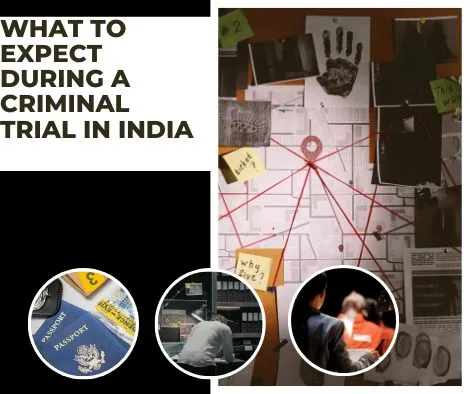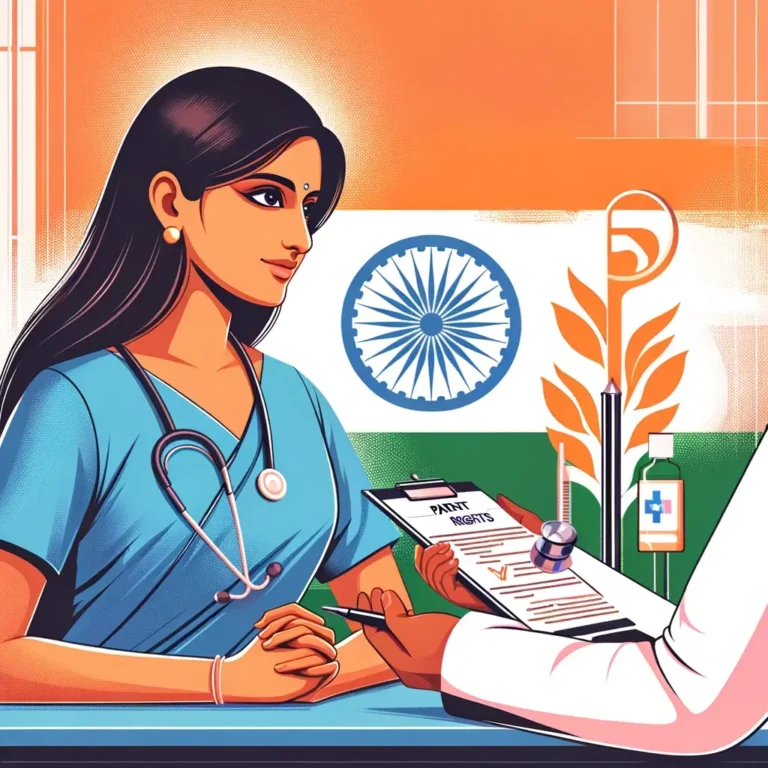In this article we have discussed Poppy Straw Legality in India
Introduction to Poppy Straw and Its Legal Status in India
Poppy straw, derived from the opium poppy plant (Papaver somniferous), has long been a topic of significant interest and controversy due to its various uses, both medicinal and illicit. In India, the legal framework surrounding poppy straw is complex and has evolved over the years to balance the need for medical opioids and the imperative to control drug abuse.
Understanding Poppy Straw
Before delving into the legal aspects, it is essential to understand what poppy straw is. It refers to any part of the opium poppy after harvesting, excluding the seeds. This includes the dried poppy heads, which can be used to extract alkaloids like morphine and codeine, crucial in the pharmaceutical industry.
The Historical Context of Poppy Cultivation in India
India has a long history of poppy cultivation, primarily for medicinal purposes. The country’s climate and geography are conducive to growing the opium poppy, making it a significant player in the global medicinal opium industry.
Poppy Straw Legality in India: An In-Depth Analysis
The Narcotic Drugs and Psychotropic Substances Act (NDPS), 1985
The central legislation governing the control and regulation of narcotic drugs, including poppy straw, in India is the NDPS Act. This Act provides the legal basis for the control of narcotics in India, including the cultivation, production, sale, and use of poppy straw.
Licensing and Regulation
Under the NDPS Act, the cultivation of opium poppy in India is strictly regulated. Farmers require a license to cultivate the crop, and the government sets quotas for production. The Central Bureau of Narcotics (CBN) is the primary agency responsible for overseeing and enforcing these regulations.
State-Level Legislation and Enforcement
While the NDPS Act is a central law, its enforcement and the specifics of regulation can vary from state to state. This variance adds a layer of complexity to understanding the legal landscape of poppy straw in India.
Challenges and Controversies Surrounding Poppy Straw
Balancing Medical Needs and Abuse Prevention
One of the most significant challenges in regulating poppy straw is balancing the legitimate medical needs for opioids against the potential for abuse and illegal trafficking. Despite strict regulations, illegal cultivation and smuggling of poppy straw pose ongoing challenges for law enforcement agencies.
International Implications
India’s role in the global medicinal opioid market also brings international attention to its regulatory practices. Compliance with international drug control treaties, such as the Single Convention on Narcotic Drugs, is essential to maintain India’s standing in the global market.
Future Prospects and Legal Reforms
Innovations in Cultivation and Monitoring
Technological advancements and innovative cultivation techniques are being explored to ensure legal compliance and enhance the efficiency of poppy straw production for legitimate purposes.
Legal Reforms and Policy Changes
The Indian government continues to review and potentially reform policies related to poppy straw to better address the dual challenges of meeting medical needs and preventing illegal use.
Conclusion: Navigating the Complex Landscape
The legality of poppy straw in India remains a complex and evolving issue. Balancing the requirements of the medical industry with the need to prevent drug abuse presents ongoing challenges. Continuous monitoring, effective law enforcement, and dynamic policy-making are crucial to navigate this intricate legal landscape.
You can also read :- Bail in Afeem cases
Frequently Asked Questions (FAQs) on Poppy Straw Legality in India
- What is poppy straw?
- Poppy straw refers to any part of the opium poppy plant, excluding the seeds, after the plant has been harvested. It’s primarily used for extracting medicinal alkaloids like morphine.
- Is poppy straw legal in India?
- Yes, poppy straw is legal in India but under strict regulation as per the Narcotic Drugs and Psychotropic Substances Act (NDPS), 1985.
- What is the NDPS Act?
- The NDPS Act is the primary legislation in India that regulates narcotic drugs and psychotropic substances, including poppy straw.
- Can anyone cultivate poppy in India?
- No, poppy cultivation in India requires a special license, and it is strictly regulated by the government.
- What are the uses of poppy straw?
- Poppy straw is mainly used to extract alkaloids like morphine and codeine, which have significant medical applications, especially in pain management.
- Is exporting poppy straw legal in India?
- Exporting poppy straw is legal, but it is heavily regulated to ensure it is used only for legitimate medical purposes.
- How does India regulate poppy straw cultivation?
- The cultivation of poppy straw is regulated through licensing, quota systems, and continuous monitoring by the Central Bureau of Narcotics (CBN).
- What are the penalties for illegal poppy cultivation in India?
- Illegal poppy cultivation can lead to severe penalties, including imprisonment and fines, under the NDPS Act.
- Can poppy straw be used for personal use in India?
- No, personal use of poppy straw is illegal in India and punishable under the NDPS Act.
- Is poppy seed oil legal in India?
- Yes, poppy seed oil is legal as it is derived from the seeds of the poppy plant, which do not contain narcotic substances.
- How does the government ensure the legal use of poppy straw?
- Through licensing, monitoring cultivation, and tracking distribution channels, the government ensures the legal use of poppy straw.
- What is the role of the Central Bureau of Narcotics in poppy regulation?
- The CBN oversees the licensing, cultivation, and distribution of poppy straw to ensure compliance with the NDPS Act.
- Can poppy straw be used in traditional medicine?
- Yes, but only under strict regulations and when prescribed by a licensed practitioner.
- Are there any alternatives to poppy straw for medicinal purposes?
- Yes, synthetic alternatives to the alkaloids found in poppy straw are available but they are also regulated.
- Is it legal to import poppy straw into India?
- Importing poppy straw is strictly regulated and generally permitted only for legitimate pharmaceutical purposes.
- Does India export medicinal alkaloids derived from poppy straw?
- Yes, India exports medicinal alkaloids derived from poppy straw under strict international and national regulations.
- Are there different varieties of poppy plants for cultivation in India?
- Yes, different varieties are cultivated, mainly for their varying alkaloid content, under strict regulatory conditions.
- Can research institutes study poppy straw in India?
- Yes, but they require special permissions and must adhere to strict guidelines.
- How does India contribute to the global medicinal opioid market?
- India is a significant contributor, supplying legally produced opium alkaloids for medical use worldwide.
- What are the challenges in regulating poppy straw in India?
- Balancing medical needs with the potential for abuse and illegal trafficking is the main challenge.
- Are farmers compensated for cultivating poppy straw?
- Yes, licensed farmers are compensated, but they must adhere to the production quotas set by the government.
- What role do state governments play in regulating poppy straw?
- State governments work in conjunction with central authorities to enforce cultivation and distribution regulations.
- How are violations of poppy straw regulations detected?
- Through field inspections, satellite monitoring, and intelligence reports, authorities detect violations.
- Can individuals own poppy straw for educational purposes?
- Ownership for educational purposes requires special permission and is strictly regulated.
- Is poppy straw cultivation impacting the environment?
- Poppy cultivation is generally not considered harmful to the environment, but it must be managed sustainably.
- Are there any recent legal changes concerning poppy straw in India?
- Legal changes are ongoing, so it’s important to stay updated with the latest regulatory information.
- How is poppy straw smuggling prevented in India?
- Through border security, surveillance, and international cooperation, poppy straw smuggling is combatted.
- Can tourists bring poppy straw products into India?
- Tourists are generally prohibited from bringing poppy straw products into India without proper authorization.
- What happens if someone is caught with illegal poppy straw?
- They face legal penalties including fines and imprisonment, as per the NDPS Act.
-
Does India participate in international drug control programs?
Yes, India actively participates in international drug control programs and adheres to treaties like the Single Convention on Narcotic Drugs.
















